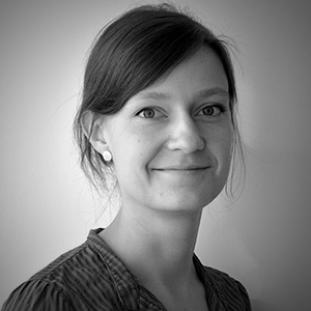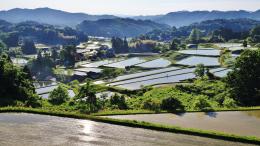Moving away from the conventional fixed office concept, the FLexible Office: Concept for RESource Optimisation (FLORES) seeks to make a significant shift from fixed desks assigned to each employee to spaces designed according to functions and needs. Under the conventional setting, workspace is allocated to employees according to grouping along teams or based on desk availability. This hinders the flexibility of the use of space at any given hour or month – in the case of a researcher spending months away from their desks on their field studies. With the FLORES concept, the user experience in the new design is driven by the employees themselves – they choose their workstations based on their desired work environment for a specific task or project, for instance, at any given time.
The proposed office concept for the UNU-FLORES offices at the World Trade Center Dresden takes into account the needs and activities of the employees to achieve an office design that improves employee satisfaction, promotes social interactions, and boosts productivity. Embracing the approach of participatory design, the concept is the outcome of inputs from members of the UNU-FLORES team themselves.
Six factors, namely flexibility, social contact and personal well-being, resilience, greening, colour impact, and, last but not least, sustainability, underlie the proposed office design. The FLORES office concept thus seeks to create a successful solution for both human and physical office resources.
The proposed office design that would optimise space and resources to achieve sustainability in the workplace has been awarded the eku idee Future Prize 2021 by the Saxon State Ministry for Energy, Climate Protection, Environment and Agriculture (SMEKUL).







